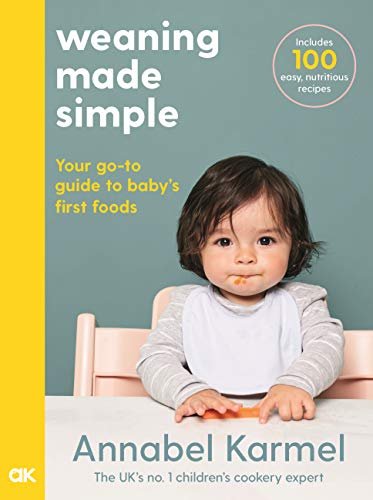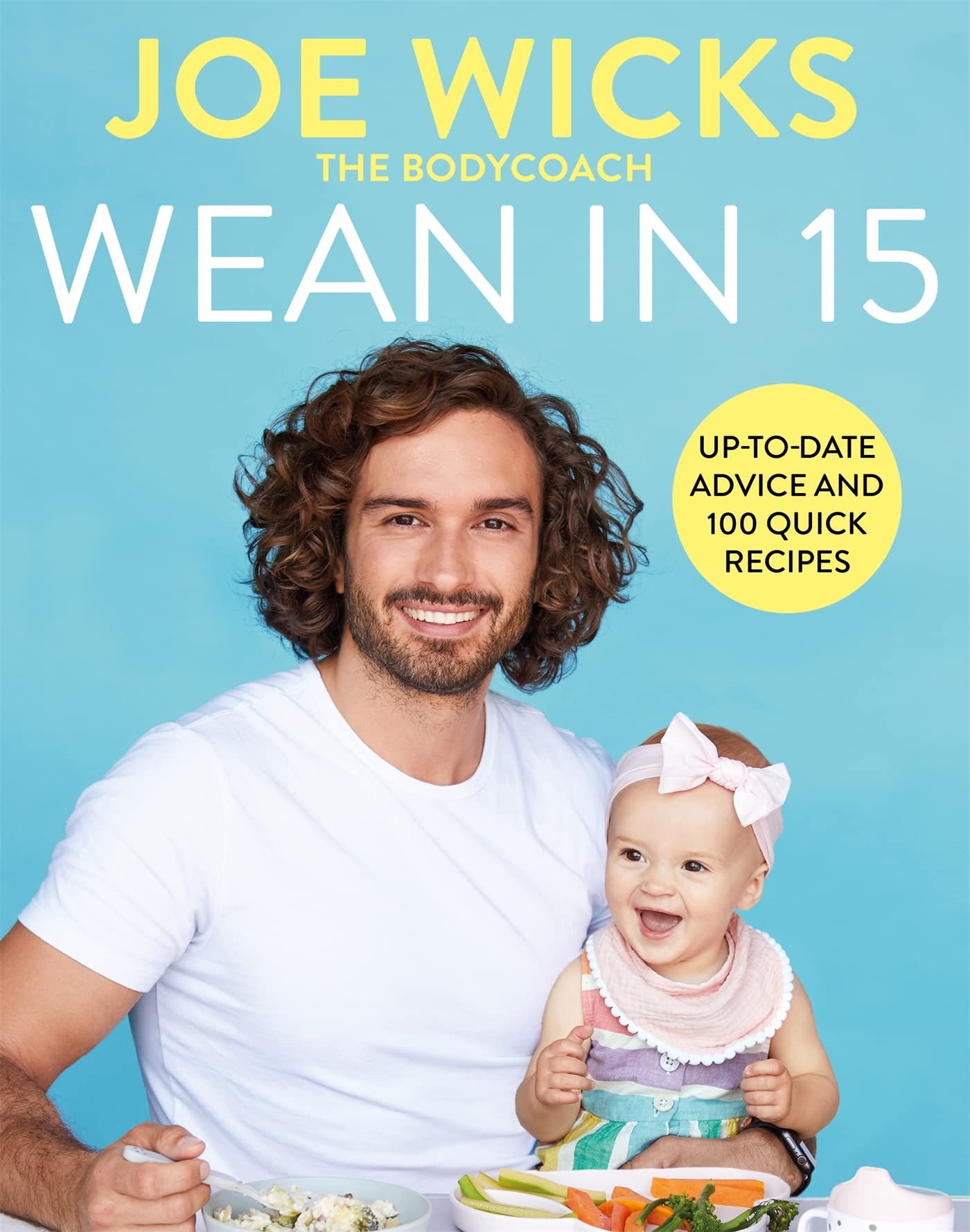Weaning
It is recommended that you begin weaning your baby onto solids when they are around 6 months old. Up until this point your baby is receiving all the necessary nutrients and energy from breastmilk or formula. It is important to wait until around 6 months of age because before introducing solids it is essential that your baby is able to actively move food around their mouth and use their tongue to transport it to the back of the mouth to swallow it. This is especially important when introducing finger foods as they need to be broken down in the baby’s mouth. Before you begin weaning your baby onto solids, your baby needs to have developed their immune and digestive system to cope with a complex set of nutrients. There are a few signs to look out for that indicate your baby is ready to start weaning:
Your baby is able to maintain a sitting position and hold their head steady. This will help your baby swallow.
Your baby is able to swallow food and not just spit it back up
Your baby can co-ordinate their eyes, hands and mouth to enable them to pick up their food and put it into their mouth.
Just like any aspect of parenting, when it comes to weaning your baby onto solid food, there is an endless stream of contradictory information circulating the internet, WhatsApp groups and bookshops selling the latest celebrity parenting books.
The thought of having a perfectly laid out routine for weaning that will turn your child into a sophisticated and inquisitive eater is comforting, but unfortunately, it's just not the reality for most parents no matter how well-planned your menus are, or well-stocked your kitchens may be. Raising children doesn’t come with a manual as one size does not fit all!
We have waded through the overload of information and advice out there to bring you some top tips for weaning your baby without judgment or any need for expensive equipment and ingredients. However, we highly recommend purchasing a food processor or a handheld blender when embarking on your weaning journey. This is useful for any form of weaning you practise with your baby.
Most parents have heard of the two main weaning styles, spoon-feeding purees and baby-led weaning - introducing finger foods first, and letting baby feed themselves. The main question parents put to themselves is which path they are going to go down.
Baby led weaning has gained popularity in recent years, leading some parents to feel pressured to move away from spoon-feeding. If you’re feeling this pressure, just know that at 6 months, your baby only needs a small amount of solid food and only once a day, so spoon-fed or baby-led, this is your chance to figure out what your baby likes and you can always change up your style if you’re baby is not into purees or has only ever thrown finger food on the floor. Whatever method you choose, it is important to provide your baby with a variety of flavours, including different herbs, to encourage their love of all foods as they grow!
Baby-led Weaning
If you are someone who is constantly having to lift your morning toast or lunchtime sandwich out of reach of small hands reaching to try it, you might have a baby who will thrive with baby-led weaning. The premise is as it sounds, your baby self-feeds with what they want to eat from whatever is on the plate/tray in front of them. Many parents come across this method of weaning naturally, when their child is fussing at the restaurant and ‘eating’ (aka mainly sucking) a piece of pizza crust is the only thing that seems to help placate them. It can be hard to know what you should or should not serve your baby depending on their age or the food in question. This is where websites and apps such as Solid Starts can come in handy. With the free version of the app, Solid Starts allows you to search a food and its prevalence as an allergen, as well as its nutritional rating and how to serve it according to your baby’s age/development. Although it is definitely a lot messier than spoon-fed weaning, baby-led weaning is a great way to encourage independence in your little one and it exposes them to more textures from the beginning. Baby-led weaning also means your baby can join in on family mealtimes more easily.
Spoon-fed Weaning
Spoon-fed weaning is when you offer your baby pureed foods on a spoon. There can be a stigma attached to feeding your baby puree’s or baby food, especially if shop bought. Often this stigma or shame comes from our own opinions and judgment, rather than outside sources. Just like with breast vs formula feeding, the most important answer to any of the weaning debates is ‘fed is best’. If your child loves puree'd carrots at 6 months, they are just as likely to be eating carrot sticks as a snack at school as a child who was offered them in their whole form at 6 months. Spoon-feeding can be a great way of keeping track of what foods baby has tried and which are their favourites. It can also be a useful method for parents who want to make use of their freezer space, pre-portioning puree pots so you can defrost and feed without having to put too much forethought. If you are wanting to wean your baby before the age of 6 months old, spoon-fed weaning is recommended due your baby having not fully developed the ability to move food around the front of their mouths and then towards the back of their mouths to swallow. If you are spoon feeding, whether that be from before your baby is 6 months old or when your baby is 6 months old, it is important to learn your baby’s cues for when they have eaten enough. Be mindful that when choosing this method of weaning your baby may develop a dislike to different textures of food and if you spoon-feed for an extended period of time, it may slow down your baby’s developmental skills.
Check out the ‘Weaning’ section of our recipe page for some inspiration on recipes to try with your little one
Top Tip: Lots of these books and other weaning resources can be found in libraries for free, or in charity/second-hand shops, so have a shop around or ask friends and family if they have any left over from grown-up kids!







